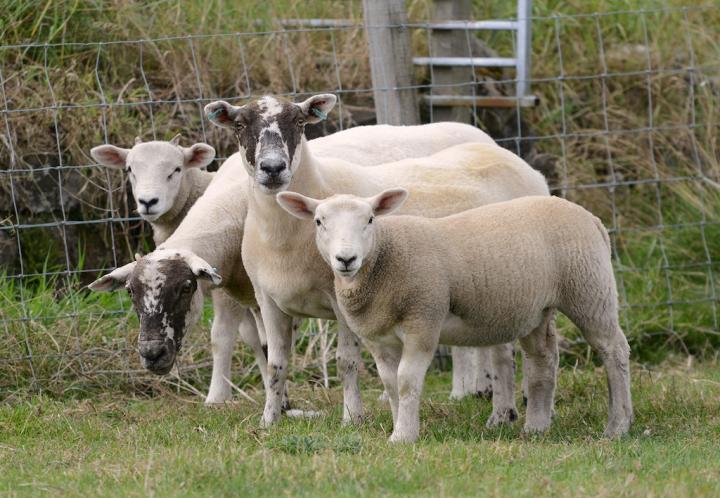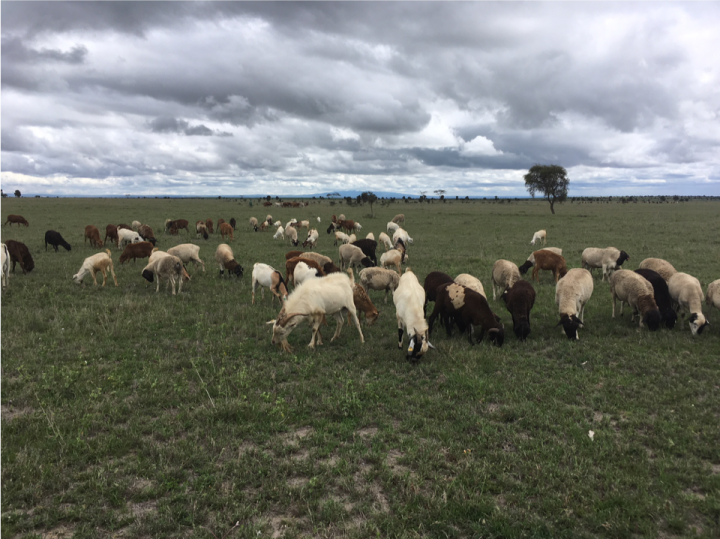Research
Our lab focuses on functional genomics in livestock
We are particularly interested in:

- How gene expression and regulation affect production traits
- Improving the genomic resources available for ruminants
To support functional annotation of the sheep genome we have produced a high-resolution atlas of gene expression from a comprehensive set of tissues and cell types from sheep, providing a model transcriptome for ruminants. We have also described the non-coding transcriptome, methodology for merging multiple RNA-Seq datasets and transcriptional patterns during the development of the ruminant GI tract. We are currently building on the sheep gene expression atlas by linking allele-specific expression, to important production traits.
With collaborators in the Ovine FAANG project we are working on annotating the transcription start sites in the new highly contiguous Rambouillet v1.0 genome assembly for sheep.
We are using genomics to investigate adaptation to a tropical environment:

Through the Centre for Tropical Livestock Genetics and Health we have been sequencing the genomes of hundreds of African sheep and goats to identify loci that are involved in adaptation to a tropical environment. Our overall aim is to use functional genomics to identify high quality causative variants for inclusion in genomic prediction models, and community based breeding programmes to improve productivity. We believe large-scale functional genomics datasets from livestock can help us to harness functional variation and turn it into sustainable genetic gain.

